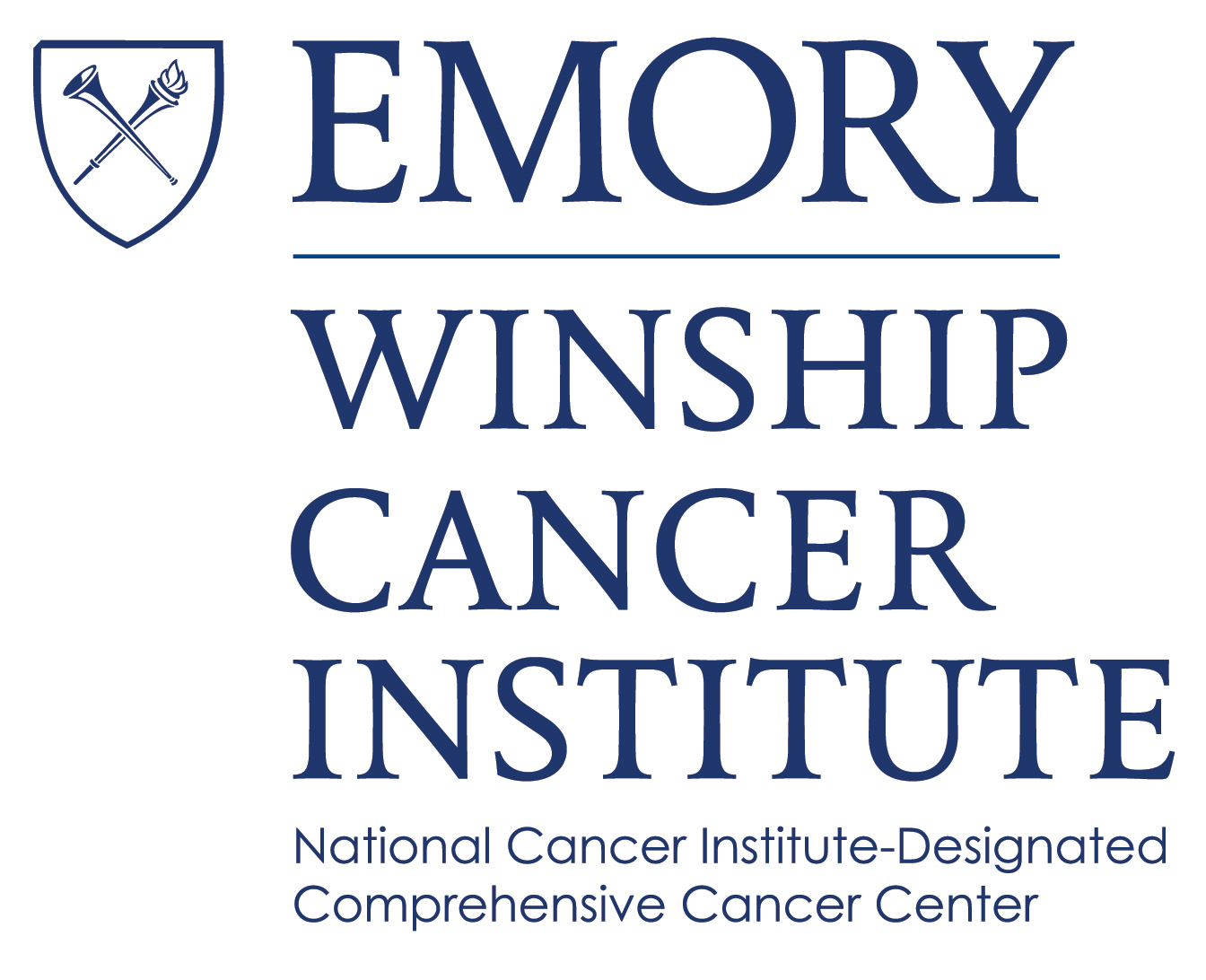- Advertise
- About OncLive
- Editorial Board
- MJH Life Sciences brands
- Contact Us
- Privacy
- Terms & Conditions
- Do Not Sell My Information
2 Clarke Drive
Suite 100
Cranbury, NJ 08512
© 2025 MJH Life Sciences™ and OncLive - Clinical Oncology News, Cancer Expert Insights. All rights reserved.
Dr. Saba on Treatment Deintensification in HPV-Related Oropharyngeal Squamous Cell Carcinoma
Nabil F. Saba, MD, FACP, director, Head and Neck Medical Oncology Program, Winship Cancer Institute of Emory University, professor, Department of Hematology and Medical Oncology, Department of Otolaryngology, Emory University School of Medicine, discusses treatment deintensification for patients with HPV-related oropharyngeal squamous cell carcinoma.
Nabil F. Saba, MD, FACP, director, Head and Neck Medical Oncology Program, Winship Cancer Institute of Emory University, professor, Department of Hematology and Medical Oncology, Department of Otolaryngology, Emory University School of Medicine, discusses de-intensification of therapy for patients with HPV-related oropharyngeal squamous cell carcinoma.
There are mixed data surrounding the benefit of treatment deintensification in HPV-related oropharyngeal squamous cell carcinoma. Therefore, it should only be explored in the context of a clinical trial, says Saba. It is ill advised to de-escalate therapy in practice given the lack of randomized data to support such approaches, he adds. Moreover, research has yet to differentiate the patients who are good candidates for treatment de-escalation from those who are not.
When it comes to patient selection, patients with high-grade disease are not thought to benefit from treatment de-escalation. There is more debate when it comes to intermediate-grade patients, adds Saba. The question of whether or not intermediate-grade patients are good candidates for treatment de-intensification will be explored in the phase II/III ECOG-ACRIN 3161 trial. Similarly, the HN-005 trial will further explore this question in patients with low-grade disease and will hopefully shed light on how best to de-escalate therapy.


